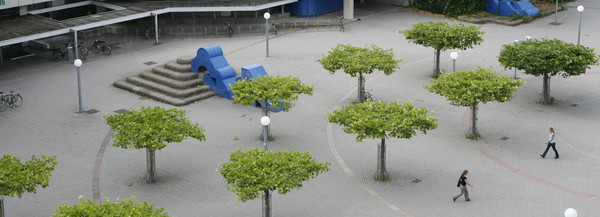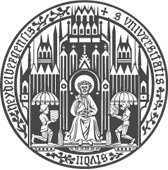
Angel Daza: Translate and Label! An Encoder-Decoder Approach for Semantic Role Labeling
Abstract
We propose a Cross-lingual Encoder-Decoder model that simultaneously translates and generates sentences with Semantic Role Labeling annotations in a resource-poor target language. Unlike annotation projection techniques, our model does not need parallel data during inference time. Our approach can be applied in monolingual, multilingual and cross-lingual settings and is able to produce dependency-based and span-based SRL annotations. We benchmark the labeling performance of our model in different monolingual and multilingual settings using well-known SRL datasets. We then train our model in a cross-lingual setting to generate new SRL labeled data. Finally, we measure the effectiveness of our method by using the generated data to augment the training basis for resource-poor languages and perform a manual evaluation to show that it produces high-quality sentences and assigns accurate semantic role annotations. Our proposed architecture offers a flexible method for leveraging SRL data in multiple languages.
Julius Steen: Abstractive Timeline Summarization
Abstract
Timeline summarization (TLS) automatically identifies key dates of major events and provides short descriptions of what happened on these dates. Previous approaches to TLS have focused on extractive methods. In contrast, we suggest an abstractive timeline summarization system. Our system is entirely unsupervised, which makes it especially suited to TLS where there are very few gold summaries available for training of supervised systems. In addition, we present the first abstractive oracle experiments for TLS. Our system outperforms extractive competitors in terms of ROUGE when the number of input documents is high and the output requires strong compression. In these cases, our oracle experiments confirm that our approach also has a higher upper bound for ROUGE scores than extractive methods. A study with human judges shows that our abstractive system also produces output that is easy to read and understand.


